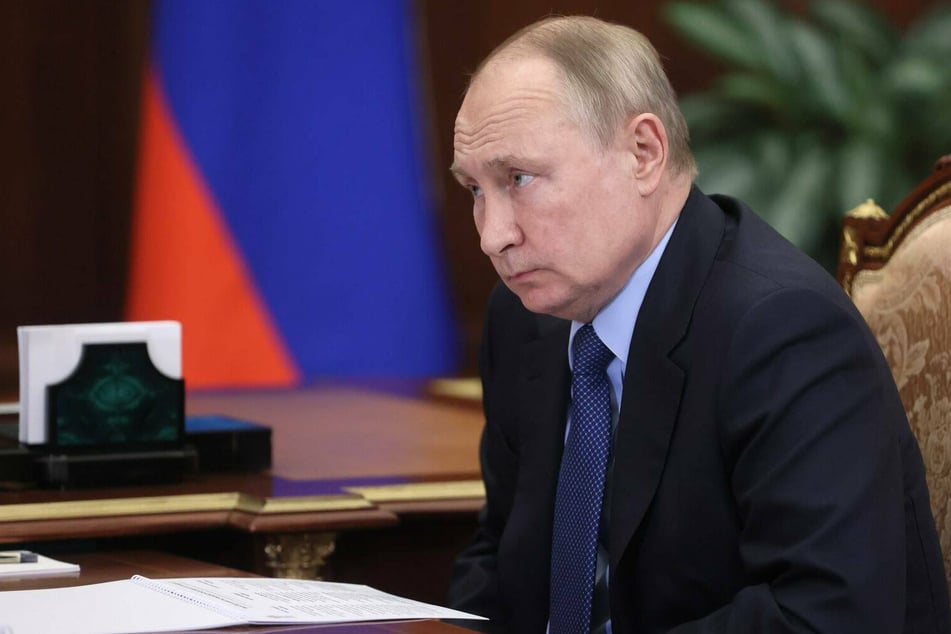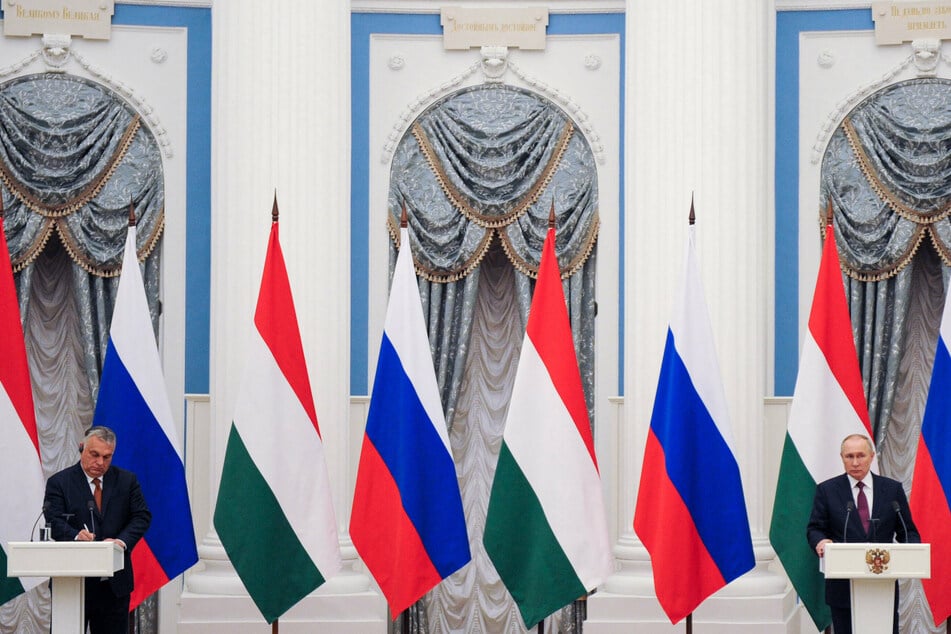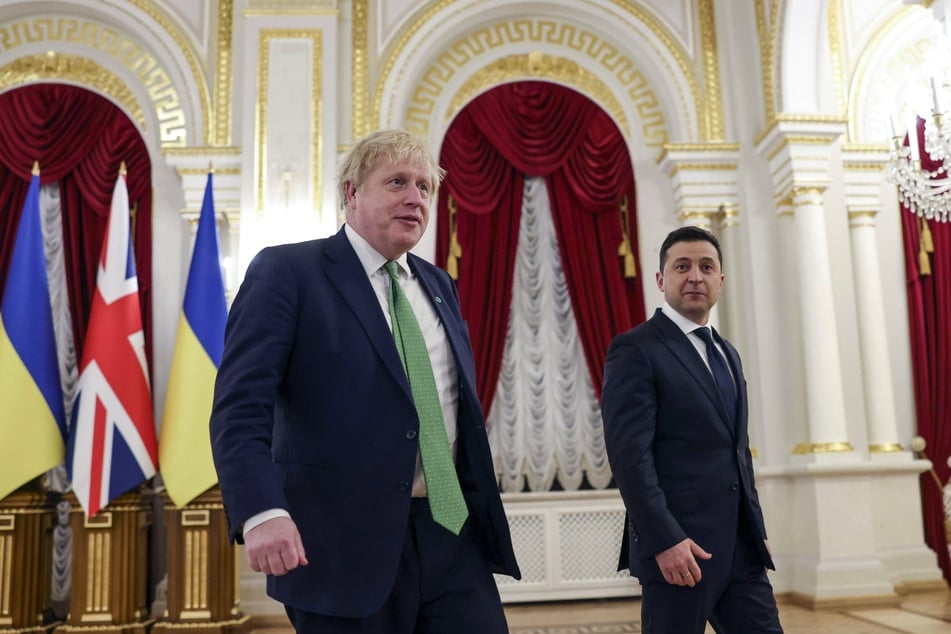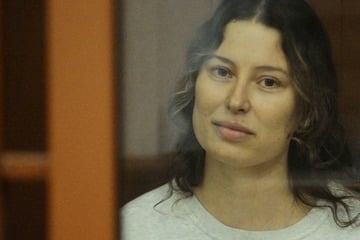Putin publicly addresses Ukraine crisis for the first time in weeks
Moscow, Russia - Russian President Vladimir Putin delivered his first public remarks on the Ukraine crisis in weeks on Tuesday and used the opportunity to accuse the West of having "ignored" Russia's security interests.

Putin said the Kremlin was still reviewing the United States and NATO's written responses to Moscow's sweeping demands to lower tensions in Eastern Europe, but it was clear "that the fundamental Russian concerns were ignored."
The Kremlin is insisting on a halt to NATO's eastward expansion and the rolling back of offensive weapons and troops on the eastern flank of the military alliance.
Putin said NATO had imposed security tactics that harmed Russia's interests. "No one's security can be strengthened at the expense of the security of other countries," he said, according to the state-run TASS news agency.
Putin made the comments at a press conference with Hungarian Prime Minister Viktor Orban, the first face-to-face talks between the Russian president and a leader of a NATO member state since the escalation of tensions.
Orban said Hungary wanted dialogue between Russia and NATO to continue and that no one in the European Union wanted to see a conflict erupt.
Invasion would mean "large-scale war in Europe"

The US has rejected Russia's main demands, such as barring countries like Ukraine from NATO, but has left the door open to renegotiating some post-Cold War security arrangements, with the consent of European allies.
The massing of 100,000 troops along Ukraine's borders, coupled with Moscow's demands, have led to a flurry of diplomatic and military activity in recent weeks, without producing a significant breakthrough.
US Secretary of State Antony Blinken and Russian Foreign Minister Sergei Lavrov spoke by phone on Tuesday, but neither side reported any progress.
In a show of support, British Prime Minister Boris Johnson and Polish Prime Minister Mateusz Morawiecki were both in Ukraine on Tuesday.
Speaking to Ukrainian President Volodymyr Zelensky, Johnson said: "We have to face a grim reality, which is that as we stand here, Volodymyr, today, more than 100,000 Russian troops are gathering on your border in perhaps the biggest demonstration of hostility towards the Ukraine in our lifetimes."
"It goes without saying that a further Russian invasion of Ukraine would be a political disaster, a humanitarian disaster, in my view it would also be for Russia, for the world, a military disaster as well," Johnson said, according to Britain's Press Association.
"Ukrainians will defend themselves to the last," Zelensky said. "I say candidly, this would not be a war between Ukraine and Russia. It will be a large-scale war in Europe."
Discussions to continue throughout the week

Since November, the US and Europe have been sounding the alarm about a large build-up of Russian troops on the Ukrainian border, prompting fears that Moscow was planning a military offensive that would dramatically escalate the simmering conflict between the two nations.
The US, Britain, Poland, the Baltic countries, and others have delivered or offered weapons to Ukraine. NATO has also upped its troop presence in Eastern Europe.
The West is promising to impose devastating sanctions against Russia for aggression against Ukraine, including possibly going after its financial system.
The diplomatic activity continues to Wednesday, when Johnson is scheduled to telephone Putin and Dutch Prime Mark Rutte meets with Zelensky.
Armed conflict between Ukraine and the pro-Russian separatists broke out in 2014, but has since turned into a stalemate with regular eruptions of shelling and skirmishes.
Cover photo: IMAGO / Russian Look

